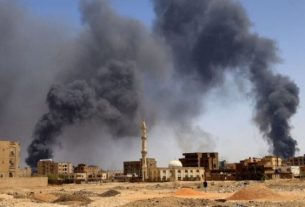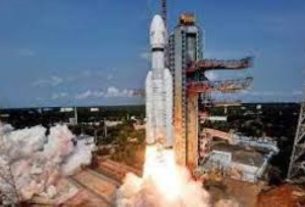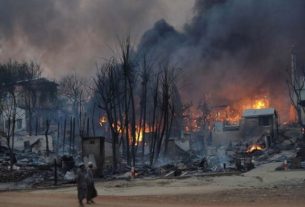Islamabad: The Human Rights Commission of Pakistan (HRCP) in its report on Wednesday questioned the role of the local administration and police in incidents of mob violence against religious minorities in Gujranwala, the Dawn reported.
In the report, the HRCP fact-finding mission has raised concern over the alarming rise in the persecution of members of the Ahmadiyya community in Gujranwala and surrounding regions, particularly the desecration of their grave sites of worship, as per the Dawn report. The HRCP fact-finding mission has said that First information reports (FIRs) have been filed against the community members for sacrificing animals on Eid.
The HRCP’s report said that the civil administration officials in Gujranwala and Wazirabad were directly involved in destroying the minarets of Ahmadi sites of worship in December 2022 and January 2023, after objections raised by members of a local political-religious outfit, as per the news report.
The administration has claimed that they have taken action in a bid to circumvent the threat of mob violence. However, the report said that the way the matter was handled only increased the rising hostility towards the Ahmadiya community and increased the vulnerability of Ahmadi residents in the region, as per the Dawn report.
“While the mission understands that the local bureaucracy, police and the judiciary were successfully intimidated by a religious group, their response displays a pitiful inability to manage law and order, while respecting the fundamental rights of the Ahmadiya community,” Dawn quoted the HRCP report.
The Human Rights Commission of Pakistan (HRCP) in its report called for the implementation of judgements of Supreme Court Justices Tasadduq Hussain Jilani and Syed Mansoor Ali Shah from 2014 and 2022, including the creation of a special police force to guard religious minority places of worship, as per the Dawn report. It further recommended that the police’s capacity to handle the threat of mob violence in such situations must be augmented through proper infrastructure and training. (ANI)





